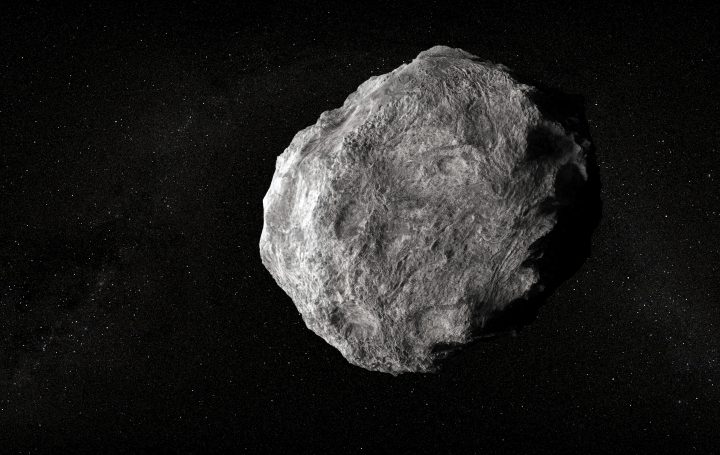UPDATE: Asteroid 2012 TC4 passed by Earth early Thursday. Its closest distance from the planet occurred over Antarctica at 1:42 a.m. ET.

An asteroid is set to fly right past Earth on Thursday, but NASA says the rock isn’t posing a threat to our planet.
The 2012 TC4 asteroid, estimated to be between 10 and 30 metres in size, will zoom past the planet on Oct. 12 within the moon’s orbit. Its distance from Earth will be about 50,000 kilometres, and it will be 277,000 kilometres from the moon.
WATCH: Animation shows us how a metal-rich asteroid worth quadrillions would look like

Mike Kelley of NASA told the Agence France-Presse that it will not hit Earth or any nearby satellites.
“We’ve now been observing TC4 for two months, so we have very accurate position information on it,” he said.

Get breaking National news
Scientists at NASA and the European Space Agency are still gearing up to monitor the asteroid’s trip past Earth in hopes of gaining some insight on how to improve planetary defence systems.
“Scientists have always appreciated knowing when an asteroid will make a close approach to and safely pass the Earth because they can make preparations to collect data to characterize and learn as much as possible about it,” NASA scientist Michael Kelley said in a news release.
READ MORE: The Chelyabinsk meteor explosion, one year later
This time, Kelley explained they’re using the 2012 TC4 to test how well they can detect and track asteroid threats.
The evaluation of asteroid tracking systems comes just years after one flew by Chelyabinsk, Russia, in 2013. The asteroid, which was a similar size to the 2012 TC4, exploded and left 5,000 buildings damaged, and injured 12,000 people.
WATCH: Deep space images show asteroid Florence pass by Earth

While scientists have been keeping a keen eye on the incoming asteroid since it was detected in 2012, it’s been difficult to track because of its distance from Earth and its size.
“This is the perfect target for such an exercise because while we know the orbit of 2012 TC4 well enough to be absolutely certain it will not impact Earth, we haven’t established its exact path just yet,” said Paul Chodas, a manager at NASA’s Center for Near-Earth Object Studies.
Those interested in viewing the celestial event can catch a glimpse of the fly-by online here.








Comments
Want to discuss? Please read our Commenting Policy first.